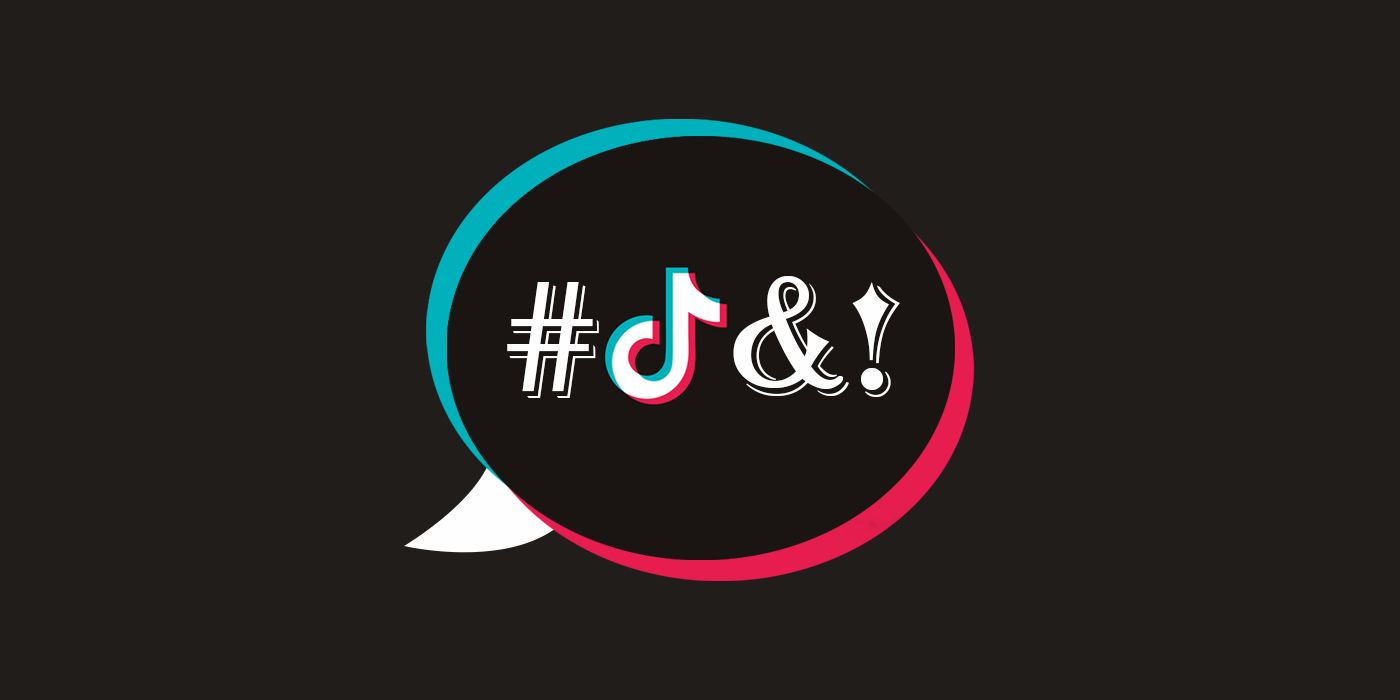
TikTok has changed the voice for its text-to-speech feature, which allows users to type out text and hear it read aloud. First announced last December, text-to-speech was initially offered as an accessibility feature, designed for users who may have trouble with reading text on the screen. However, the text-to-speech feature also offers an additional creative element to a TikTok, or simply an opportunity for a creator to have their words heard without actually speaking.
Text-to-speech made fresh headlines earlier this month as a result of a lawsuit brought against ByteDance, TikTok’s parent company. In the lawsuit, voice actor Bev Standing -- the original voice of the text-to-speech feature -- claimed ByteDance was using voice recordings without permission. Apparently, Standing recorded some English phrases for the Chinese Institute of Acoustics, which were supposed to be used for translations. ByteDance then allegedly obtained Standing’s recordings through a contract with the Institute. Standing also claimed to be concerned with how inappropriate videos using the voice could be damaging to the voice actor's brand. TikTok has yet to make any comment on the lawsuit, which is focused primarily on English-speaking videos accessed through the North American version of the app.
Its only been a couple of weeks since Standing filed the lawsuit, but TikTok has since introduced a new version of the text-to-speech voice, as reported by The Verge. While the initial voice was monotone and similar to Apple’s virtual assistant Siri, the new text-to-speech voice is more animated and bubbly. TikTok videos uploaded before the change took place still retain the initial text-to-speech voice, but users will need to update the TikTok app before hearing the new text-to-speech voice.

Last year saw TikTok fighting a serious legal battle against the Trump administration, which sought to ban the app from being used in the United States. While TikTok managed to avoid a ban once the Biden administration took office, it has also had to deal with other recent legal issues, including a lawsuit over the way the app collects and uses underage user data. TikTok hasn’t commented on the new voice yet, or explained why the change was made. However, it’s highly likely that the change is a result of Standing’s lawsuit. It may be the only response TikTok makes in regards to the lawsuit, and it certainly seems to indicate that TikTok has quickly taken the claims seriously.
Needless to say, any additional lawsuits are hardly going to improve TikTok's PR situation and image, and may explain why TikTok decided to change the voice so quickly or without much complaint. TikTok is almost certainly going to remain a hugely popular app despite its legal woes, but it makes sense to avoid any further issues where possible.
Source: The Verge
from ScreenRant - Feed https://ift.tt/3oX2EYC





No comments: